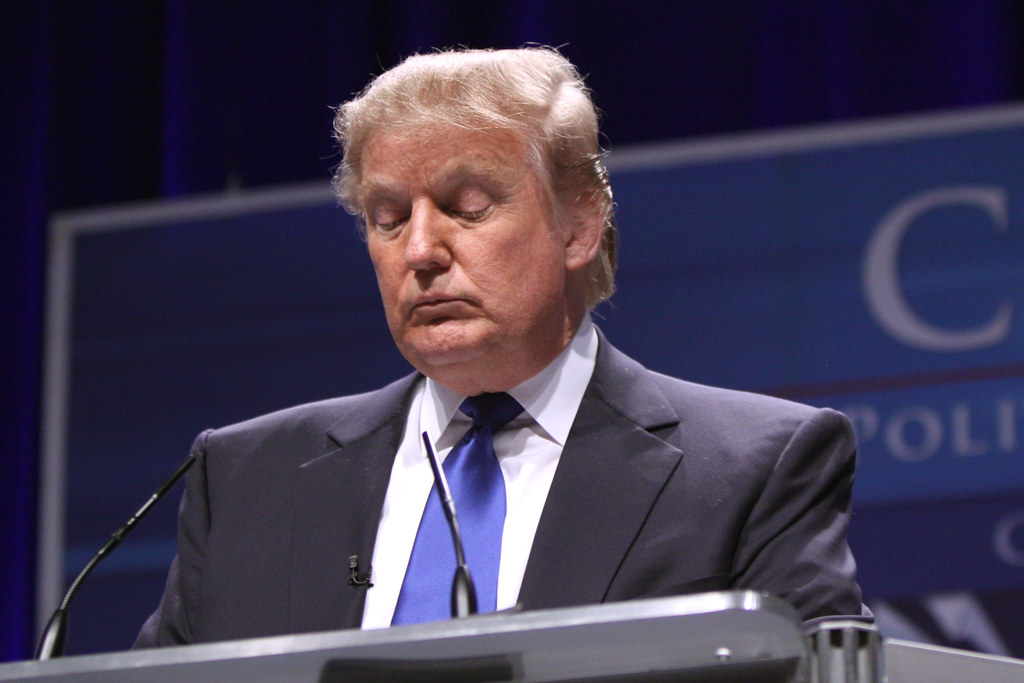Key Takeaways
• MIT became the first university to reject President Trump’s academic freedom pledge.
• MIT president says merit and open inquiry drive the school’s success.
• Critics call the pledge an extortion attempt tied to federal funding.
• Amnesty International and professors praised MIT’s stand for academic freedom.
• Other universities may follow MIT’s example in defending independence.
MIT Defends Academic Freedom
MIT just said no to a new pledge that could limit academic freedom. The administration asked several top schools to sign a “compact for academic excellence.” Critics argue it threatened federal funds if schools did not comply. Instead, MIT chose to protect its core values of open inquiry, merit, and free speech. In doing so, MIT became the first college to reject the request.
Why MIT Said No to the Pledge
MIT President Sally Kornbluth met with the Education Secretary earlier this year. However, the draft pledge included rules that might curb free expression. Moreover, it appeared to attach funding to a loyalty test. As a result, she published a clear refusal on the school’s website. She noted that MIT already meets or exceeds many standards in the document. Yet she disagreed with any restriction on academic freedom or institutional independence.
What Academic Freedom Means at MIT
MIT’s mission focuses on advancing knowledge and solving big challenges. Therefore, the school rewards merit and opens its doors to top students from everywhere. In addition, MIT sees scientific funding as something based on merit alone. Academic freedom in this context means that professors and students can pursue ideas without political pressure. It also means open competition in research, where the best ideas win. Moreover, free inquiry helps maintain America’s place in science and innovation.
Reactions to the Decision
The MIT community applauded the bold move. Faculty, students, and alumni praised the decision online. Amnesty International USA celebrated MIT for upholding academic freedom, calling it a defense of free thought. They said the federal government must not set rules on what students can learn. Even the American Association of University Professors joined in. Its president said teaching and studying freely form the bedrock of higher education. They urged other schools to reject the pledge too.
Voices From Within MIT
Ariel White, a political science professor and union leader, said faculty feel relieved. Yet she warned of possible backlash. She compared the offer to a ransom note, not an invitation. She expects the government to use its full power against MIT next. On the other hand, a White House spokesperson accused MIT of bowing to radical bureaucrats. The spokesperson claimed the best science cannot thrive without strict loyalty oaths.
Possible Consequences and Next Steps
It is unclear how the administration will respond now. Some fear cuts to research funding or grants. Others predict more pressure on universities to comply. Meanwhile, campus activists at other schools have begun organizing against the pledge. A legal group launched a probe into this effort to strong-arm universities. Therefore, MIT’s stand may inspire a broader movement to protect academic freedom across the nation.
Why Academic Freedom Matters
Academic freedom allows researchers to follow the evidence wherever it leads. It creates new technologies and cures by letting scientists explore freely. Without open inquiry, universities risk repeating old mistakes or missing key discoveries. Therefore, defending academic freedom protects the nation’s health, security, and economic growth. It also preserves the trust between scholars and society.
How Other Universities Could Follow
Other schools invited to sign the pledge include Brown, Dartmouth, and the University of Texas. Each faces a choice: accept rules that limit their independence or refuse and risk funding cuts. MIT’s clear refusal sets a strong example. By showing that it values academic freedom above all, it invites peers to do the same. Ultimately, more schools could unite to protect free speech on campus.
The Power of Partnership
MIT reminded readers of a historic scientific partnership with the federal government. For eighty years, universities and the government have worked together to fund labs and research. This collaboration has led to huge benefits for society, from space travel to medical breakthroughs. Kornbluth stressed that MIT respects the law and values this partnership. Yet she noted that partnership works best when universities choose their own values freely.
Looking Ahead
As the debate continues, academic freedom remains at the heart of higher education. MIT’s rejection of the pledge sends a strong message: universities must protect the right to explore, teach, and learn without political constraints. In the weeks to come, watch for other campuses to announce their decisions. Meanwhile, students and faculty will keep speaking up for open inquiry. Their voices could shape the future of science and learning in America.
Frequently Asked Questions
What is academic freedom and why does it matter?
Academic freedom lets scholars research and teach without outside pressure. It matters because it drives discovery, innovation, and honest debate.
Why did MIT reject the Trump pledge?
MIT’s president said the pledge threatened the school’s independence and could restrict free speech. She emphasized that MIT already meets high standards without political strings.
Could rejecting the pledge hurt MIT’s funding?
Some experts fear the federal government might cut grants or research dollars. However, MIT has a strong history of funding partnerships and may resist any punitive actions.
Will other universities refuse the pledge too?
Several campus groups and legal teams are organizing against it. MIT’s stance might inspire other schools to prioritize academic freedom over political demands.
